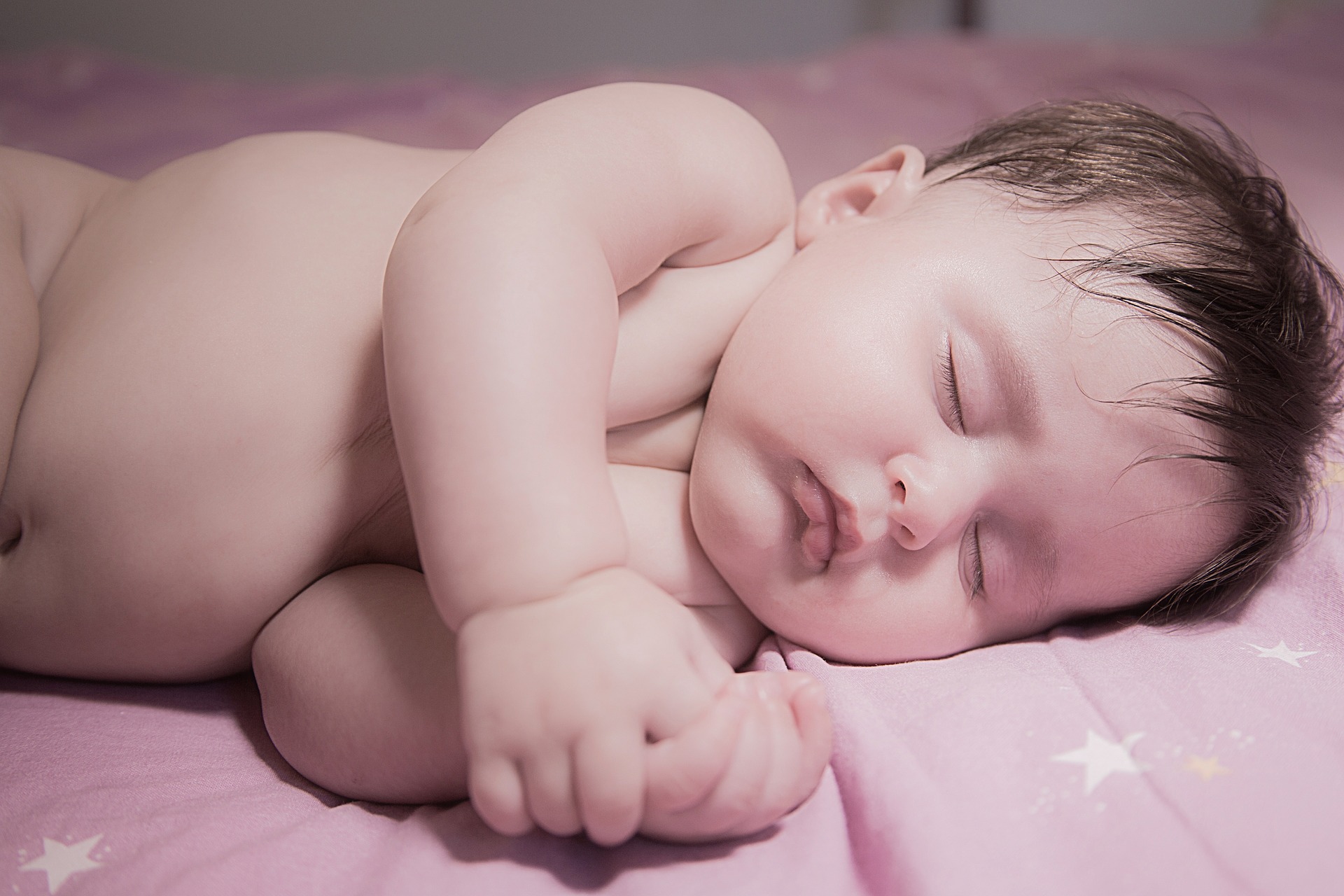Conditions Acupuncture Can Treat
Traditional Chinese Medicine combines acupuncture with herbal therapy to treat and prevent disease. Acupuncture can treat a wide range of health problems, as it is an entire system of medicine. Some of the most commonly seen conditions include stress, infertility and pain. Expect an overall sense of wellbeing following your treatments.
safe and effective
Feel confident that you are in good hands with your medical provider. Your wellness is top priority.
Fertility
Chinese Medicine is extremely effective in helping couples to conceive naturally. In my practice, I strive to help my patients achieve healthy, natural pregnancies. When needed, I can work with you and your fertility doctor to formulate an integrative approach to a happy and healthy pregnancy. Studies have shown that acupuncture was associated with less stress around embryo transfer, healthier overall pregnancies and improved pregnancy rates in women having IVF.
Stress
Research has shown that acupuncture treatment specifically benefits anxiety disorders and symptoms of stress. Strong emotions like fear, sadness, or other symptoms of depression are normal, as long as they are temporary and don’t interfere with daily activities. If these emotions last too long or cause other problems, it’s a different story. Having support from your provider and receiving acupuncture care can make all the difference when faced with life's challenges.
Pain
The ancient art of acupuncture has been used in Asia for millennia to treat many conditions and relieve pain. It's now being used in the United States and other Western countries to ease everything from low back pain, to nerve pain (such as painful shingles rashes), to headaches, sports injury, fibromyalgia, and menstrual cramps — and more. Acupuncture has emerged in the West as a viable complementary treatment to, even in lieu of, conventional pain management.
read more below…
Fertility
Traditional Chinese Medicine combines acupuncture with herbal therapy to treat and prevent disease, playing an important role in the physiological mechanisms involved with the uterus, hormones, egg development and overall health when preparing for pregnancy, during pregnancy and to prevent miscarriage.
This effective form of medicine has been practiced by almost a quarter of the world’s population for 5,000 years, with evidence of Traditional Chinese Medicine for infertility dating back to 11AD. Chinese medicine is also highly effective in conjunction with modern methods of reproductive technology, such as IVF. Studies show that in preparation for IVF treatment, acupuncture can improve ovarian response and uterine receptivity by up to 42%.

Stress
Stress is a common complaint cited by acupuncture patients, with a variety of possible associated symptoms – the most prevalent of these is anxiety. Often entire body systems are affected by stress, inducing symptoms such as back pain, chronic pain, depression, headache, insomnia, irritable bowel syndrome, menopausal symptoms, migraines, premenstrual syndrome and urinary incontinence.
In general, acupuncture is believed to stimulate the nervous system and cause the release of neurochemical messenger molecules. The resulting biochemical changes influence the body’s homeostatic mechanisms, thus promoting physical and emotional wellbeing.

pain
We all want to feel good in our lives and be able to pursue the lifestyle we envision for ourselves. Pain can get in the way of us achieving these goals, and even in the way of our happiness. Whether you are an athlete recovering from injury or would simply like to live a normal pain-free life, acupuncture can help you.
Research from an international team of experts adds to the evidence that acupuncture does provide real relief from common forms of pain. A research team pooled the results of 29 studies involving nearly 18,000 participants. Some had acupuncture, some had “sham” acupuncture, and some didn’t have acupuncture at all. Overall, acupuncture relieved pain by over 50%. The results were published in Archives of Internal Medicine.
“I think the benefit of acupuncture is clear, and the complications and potential adverse effects of acupuncture are low compared with medication,” says Dr. Lucy Chen, a board-certified anesthesiologist, specialist in pain medicine, and practicing acupuncturist at Harvard-affiliated Massachusetts General Hospital. Chronic pain is also a major medical issue faced by many, and with the opioid epidemic, we’re in greater need of more nonpharmacologic interventions.
With scientific evidence, the approval and acknowledgement of well-informed physicians, and thousands of years of practice, Chinese medicine is a clear and smart option for anyone suffering from chronic or acute pain.

